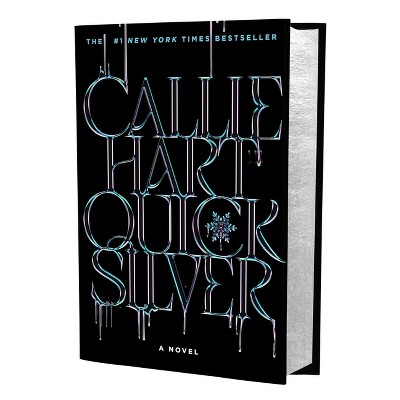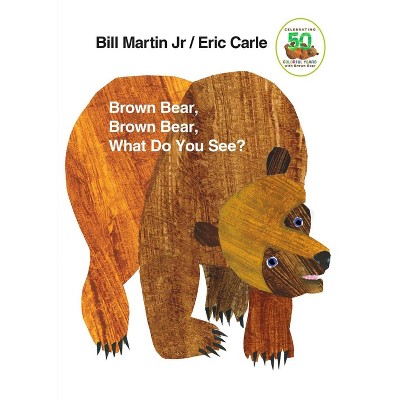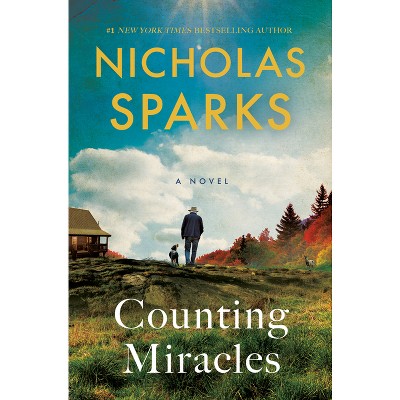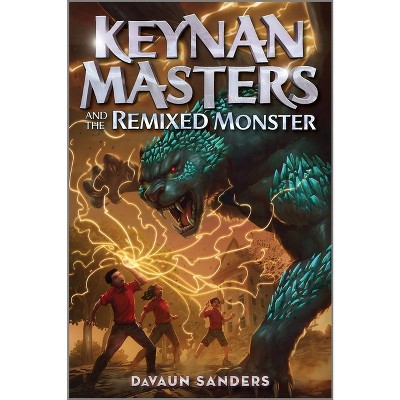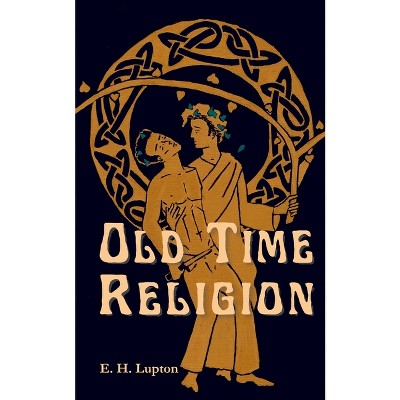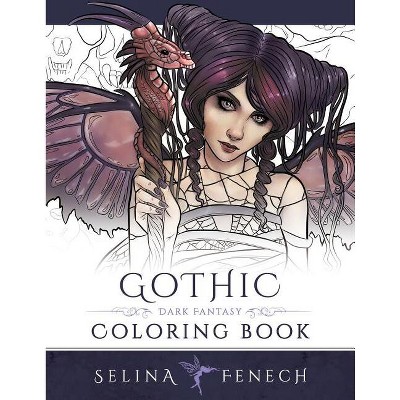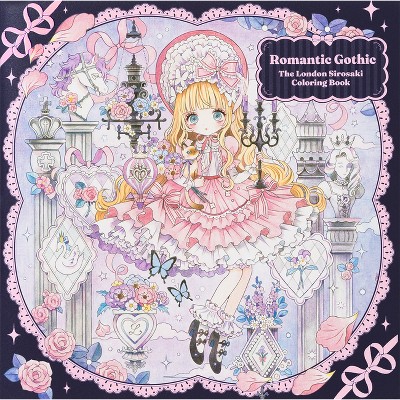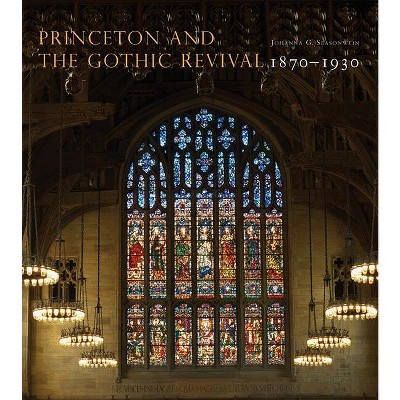$42.95 when purchased online
Target Online store #3991
About this item
Highlights
- The bestselling genre of Frankenfiction sees classic literature turned into commercial narratives invaded by zombies, vampires, werewolves, and other fantastical monsters.
- Author(s): Megen de Bruin-Molé
- 280 Pages
- Literary Criticism, Modern
Description
Book Synopsis
The bestselling genre of Frankenfiction sees classic literature turned into commercial narratives invaded by zombies, vampires, werewolves, and other fantastical monsters. Too engaged with tradition for some and not traditional enough for others, these 'monster mashups' are often criticized as a sign of the artistic and moral degeneration of contemporary culture. These hybrid creations are the 'monsters' of our age, lurking at the limits of responsible consumption and acceptable appropriation.This book explores the boundaries and connections between contemporary remix and related modes, including adaptation, parody, the Gothic, Romanticism, and postmodernism. Taking a multimedia approach, case studies range from novels like Pride and Prejudice and Zombies and The Extraordinary Adventures of the Athena Club series, to television programmes such as Penny Dreadful, to popular visual artworks like Kevin J. Weir's Flux Machine GIFs. Megen de Bruin-Molé uses these monstrous and liminal works to show how the thrill of transgression has been contained within safe and familiar formats, resulting in the mashups that dominate Western popular culture.
Review Quotes
Gothic Remixedoffers a fresh and exciting new take on twenty-first century Gothic. It addresses texts across a range of media that have often been dismissed as parasitic or derivative and champions their significance while remaining alert to their ethical shortcomings. By showing how monstrosity becomes the animating principle of Gothic mashups, hybrid texts and 'Frankenfictions', the book sheds light on emerging forms of Gothic cultural production and provides a cohesive framework for reading the incohesive. De Bruin-Molé is working at the cutting edge of contemporary Gothic and her book will be indispensible for students and scholars with an interest in the field.
I found Gothic Remixed hugely thought-provoking and enlightening, with de Bruin-Molé's obvious enthusiasm for both the works cited as case studies and the concepts she talks about shining through ... Gothic Remixed comes highly recommended not just for those interested specifically in the world of Frankenfiction but anyone who wants to look at authenticity, author privilege and how the present deals (or fails to deal) with the injustices of the past.
Sublime Horror
Molé's book is a treasure trove of fascinating perspectives and analysis and is accessible to all levels of the interested reader ... It provides a brilliant methodology for thinking through collage. I wholeheartedly recommend Molé's book.
Collage Research Network
Dimensions (Overall): 9.21 Inches (H) x 6.14 Inches (W) x .58 Inches (D)
Weight: .86 Pounds
Suggested Age: 22 Years and Up
Number of Pages: 280
Genre: Literary Criticism
Sub-Genre: Modern
Publisher: Bloomsbury Publishing PLC
Theme: 21st Century
Format: Paperback
Author: Megen de Bruin-Molé
Language: English
Street Date: March 25, 2021
TCIN: 94296835
UPC: 9781350234468
Item Number (DPCI): 247-42-5858
Origin: Made in the USA or Imported
Shipping details
Estimated ship dimensions: 0.58 inches length x 6.14 inches width x 9.21 inches height
Estimated ship weight: 0.86 pounds
We regret that this item cannot be shipped to PO Boxes.
This item cannot be shipped to the following locations: American Samoa (see also separate entry under AS), Guam (see also separate entry under GU), Northern Mariana Islands, Puerto Rico (see also separate entry under PR), United States Minor Outlying Islands, Virgin Islands, U.S., APO/FPO
Return details
This item can be returned to any Target store or Target.com.
This item must be returned within 90 days of the date it was purchased in store, shipped, delivered by a Shipt shopper, or made ready for pickup.
See the return policy for complete information.




